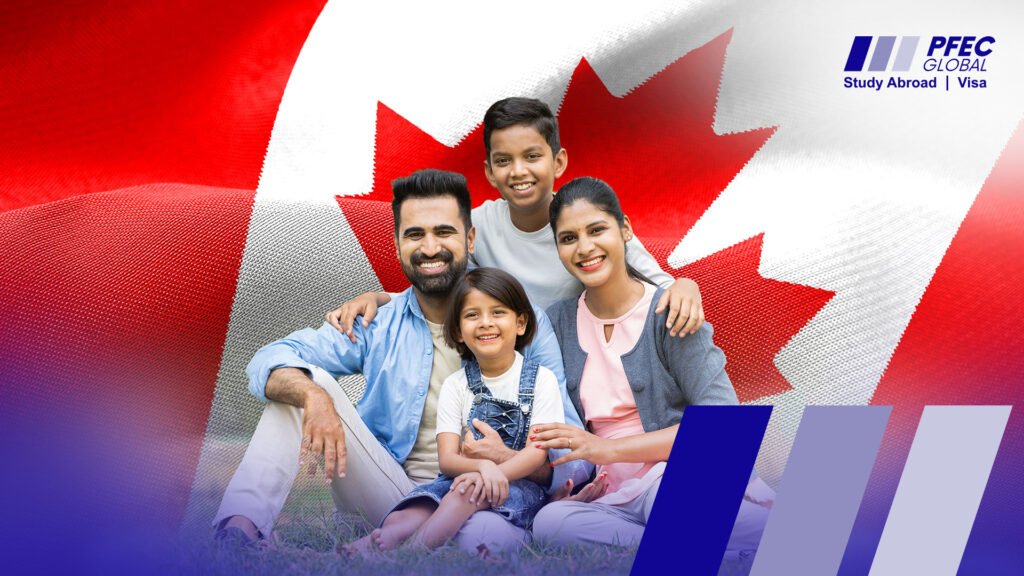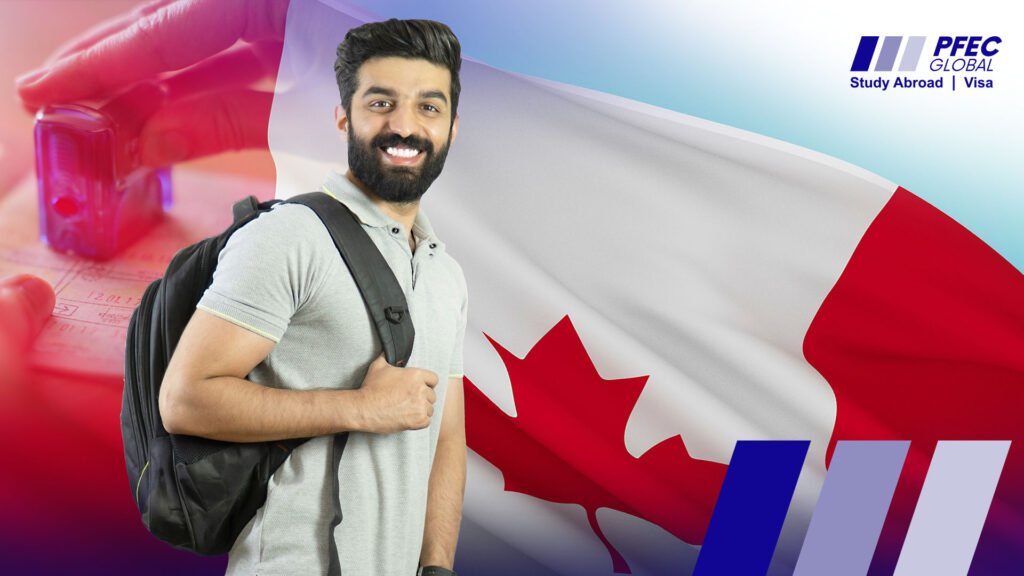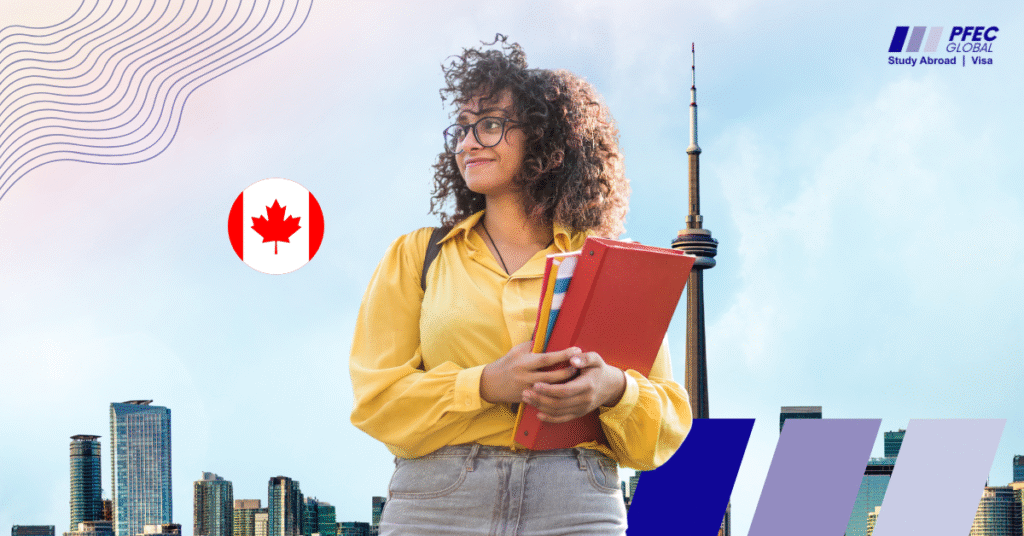Everything You Need to Know When Applying for Canada Family Sponsorship
- Priyam Ghosh
- 8 min Read
The blog explains how Canadian citizens, permanent residents, or eligible international students can sponsor certain relatives—spouse, common-law partner, children, parents, or in rare cases other dependents—to become permanent residents in Canada. It outlines sponsor requirements (age, residency, income, undertaking), who qualifies as a sponsored person, and 2025 updates (like reopening of the Parents & Grandparents Program, revised income thresholds). The post details application steps (eligibility check, documents, forms, fees, submission), common challenges (incomplete proof, financial shortfalls, quotas), processing times by category, and tips to strengthen the application.

What is Family Sponsorship?
Family Sponsorship is a program run by Immigration, Refugees and Citizenship Canada (IRCC) that allows Canadian citizens or permanent residents to sponsor eligible relatives to become permanent residents (PRs). Once approved, the sponsored persons get many of the rights that permanent residents have: to live, work, and study in Canada. Family sponsorship is part of Canada’s commitment to family reunification under its immigration levels plan.
Who Can Be a Sponsor?
To sponsor a family member, a person must meet certain eligibility conditions. As of 2025, the typical requirements are:
- Must be at least 18 years old.
- Be a Canadian citizen or permanent resident. If you are a citizen living abroad, in many cases you need to demonstrate that you will return to Canada when the sponsored relative obtains permanent residence.
- Live in Canada (or in those cases where citizens abroad must show intent to return).
- Be able to financially support the sponsored person(s), meaning you must meet minimum income requirements, not be receiving social assistance (for reasons beyond disability), and sign an undertaking to provide for the basic needs of the person you are sponsoring.
Who Can Be Sponsored?
| Category | Key Details / Conditions |
|---|---|
| Spouse, Common-law or Conjugal Partner | Married spouse, common-law partner (usually defined as at least 12 months cohabiting), or conjugal partner in certain special circumstances. The relationship must be genuine. |
| Dependent Children | Biological or adopted children under 22, unmarried (i.e. not in a common-law relationship). If over 22, can be eligible if financially dependent because of a disability. |
| Parents and Grandparents | Through the “Parents and Grandparents Program (PGP)”. There is an annual intake/cap, and sponsors must meet stricter income requirements. In 2025, the PGP re-opened with new invitations to apply. |
| Other Relatives | In limited or exceptional cases, where the sponsor has no other eligible close family in Canada and certain other criteria are met. These cases are rare. |
Recent Updates & Key Changes (2025)
Here are the recent updates or changes in 2025 affecting Family Sponsorship that you must know:
- Parents & Grandparents Program (PGP) Re-opened: The program opened July 28, 2025, with invitations issued, and applicants must submit complete applications by 11:59 p.m. ET on October 9, 2025.
- Updated Income Requirements: For sponsoring parents/grandparents, the sponsor must meet certain income thresholds (often Low-Income Cut-Off (LICO) plus 30%) over three past tax years. The required income depends on household size.
- Processing Times: Varies by sponsorship type and where the sponsored person lives (within Canada or abroad). For example, spouse/common-law/partner sponsorships are usually faster; parent sponsorship tends to take longer.
Super Visa Option: For parents/grandparents, if full sponsorship is difficult or delayed, the Super Visa (a multi-entry visa for visitors) remains an alternative allowing longer stays (up to 5 years per visit) under certain conditions.
Steps in the Application Process
Here’s a step-by-step outline to guide your Family Sponsorship application:
- Check your eligibility — both you (the sponsor) and the person you want to sponsor must satisfy criteria (age, residency, relationship type, finances).
- Determine the correct category — spouse/common-law/partner, child, parent/grandparent, or special/other relative.
- Collect & prepare documents — proof of identity, relationship, financial documentation (tax returns of last 3 years), police clearances, medical exams, etc.
- Fill out application forms — You will need to submit forms to IRCC with the sponsorship application, along with the permanent residence application for the sponsored person, where required.
- Pay fees — There are sponsor fees, processing fees, permanent residence fees etc. Make sure you pay the correct amount and include all supporting documents to avoid delays.
- Submit application — Applications can be inland or outland depending on the category (i.e. whether the person is inside Canada or outside).
- Wait for decision & respond to requests — You might be asked for additional documents, interviews, or clarifications. Keep track of deadlines.
After approval — Once approved, the sponsored person becomes a permanent resident; they get rights to live, study, work like other PRs. Sponsor must fulfil the undertaking (often financial support for a specified time).
Financial Obligations & Undertaking
A key part of Family Sponsorship is the financial responsibility the sponsor takes on.
- The sponsor must demonstrate sufficient income for three consecutive years, meeting or exceeding the minimum needed for their family size (including the sponsored persons). For example, for the Parents & Grandparents program the financial minimums are defined by IRCC.
- The sponsor must sign an undertaking (a legal promise) to provide financial support for basic needs of the sponsored person(s): food, shelter, clothing, and other essentials. The duration of the undertaking depends on who is being sponsored (spouse/child vs parent) — can be several years.
- If the sponsor has been involved in previous sponsorships and failed them (for example, didn’t fulfill the undertaking), that could disqualify them. Also sponsors need to not be in default of previous obligations.
Financial Obligations & Undertaking
| Sponsorship Category | Approx Processing Time* | Application Fees / Key Costs |
|---|---|---|
| Spouse / Common-law / Partner | Roughly 11-12 months (varies by province / whether inland or outland). | Includes sponsor application, permanent residence fees, possible biometrics. Fees vary; check current IRCC schedule. |
| Dependent Children | Generally similar to spouse category, sometimes faster. | Same set of fees, but sometimes reduced if child is included. |
| Parents & Grandparents (PGP) | Takes longer; can be up to 3 years depending on backlog, your completeness, and whether you got an Invitation to Apply via the lottery system. | Higher financial proof required, sponsor fee, immigration medicals, etc. Also costs to send documents, translations, etc. |
*Processing times are estimates and vary depending on the case, location, whether documentation is complete, IRCC workload, etc.
Common Challenges & How to Avoid Them
Here are typical issues applicants face, and how you can reduce risks:
- Incomplete documentation: Missing tax returns, police certificates, medical exams, proof of relationship. Always double-check IRCC checklists.
- Financial proof issues: Sponsor failing to meet income threshold in any of 3 years; inadequate proof; or missing co-signer if needed. Plan early to gather wages, bank statements, etc.
- Relationship verifications: For spouses/partners, the authorities often require lots of evidence that the relationship is genuine (photos, communications, joint bank accounts, visits). Poor proof can lead to delays or refusal.
- Backlogs and quota constraints: Especially for the Parents & Grandparents program—because of limited capacity, you first need to be invited, and even then the processing takes time.
- Not understanding the undertaking: Sponsor must understand obligations — inability to abandon sponsor responsibility later; if dependent people default or need social assistance, the sponsor is liable.
Tips to Improve Success
- Keep copies of every document submitted, and prepare translations if documents are not in English or French.
- Start early — collecting tax documents, police/background checks, medical exams can take weeks.
- Use official IRCC forms and guides; avoid relying only on third-party write-ups.
- If eligible, apply for the “Super Visa” for parents / grandparents while waiting, to allow visits.
- Make sure your proofs of relationship are well-documented (photos, communication history, joint finances if applicable).
- Consider hiring or consulting with authorized immigration advisors or lawyers to check your application before submission.
Conclusion
Applying for Canada Family Sponsorship is a powerful and compassionate way to reunite with your loved ones. But it’s not just filling forms—there are legal, financial, and procedural obligations you’re undertaking (as sponsor and applicant). In 2025, the rules are tighter in many areas (income requirements, documentation, backlog for parent programs), so preparation, completeness, and honesty are your best allies.
PFEC India recommends that you:
- Review the latest IRCC rules and provincial variations
- Keep your financial documents in order for multiple years
- Document relationships well
- Plan for delays and understand undertaking obligations
If you need help assessing whether you qualify, selecting the correct category (spouse, parent, child), or preparing a strong application, PFEC India is here to guide you every step of the way. Wishing you success in bringing your family together in Canada!
FAQs
How many years must I have income for as the sponsor?
Can I sponsor someone while living outside Canada?
What is the Parents & Grandparents Program (PGP)?
What fees do I need to pay?
How long until my family member can come to Canada?
It depends on relationship type and application completeness. Spouse or partner sponsorship might take about 11-12 months; parent/grandparent sponsorship may take 2-3 years depending on backlog.
How long before my program should I apply?

Take your Study Abroad Dreams to the Next Level
Receive free end-to-end assistance and personalized guidance from experts
Get Started for FREE →

